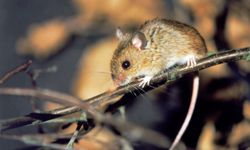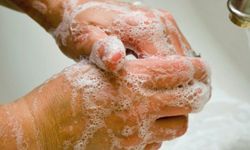Eek! You've got mice! If you've just evicted rodents from your home, cleaning up is the next order of business. A mouse houseguest and his buddies leave more than bad memories behind. Cute, furry mice may look fragile and harmless, but they can be carriers of potentially life-threatening illnesses like hantavirus, leptospirosis, lymphocytic choriomeningitis virus, plague, rat-bite fever and salmonellosis. Germs can linger in rat urine and feces after the rats themselves have been dispatched, too, so careful cleanup is important.
Grab a pair rubber gloves and disinfectant and meet us on the next page for some important suggestions about safe cleanup procedures. We know you want to get your home sparkling again fast, but it's important to use some precautions while you're doing it.
Advertisement

